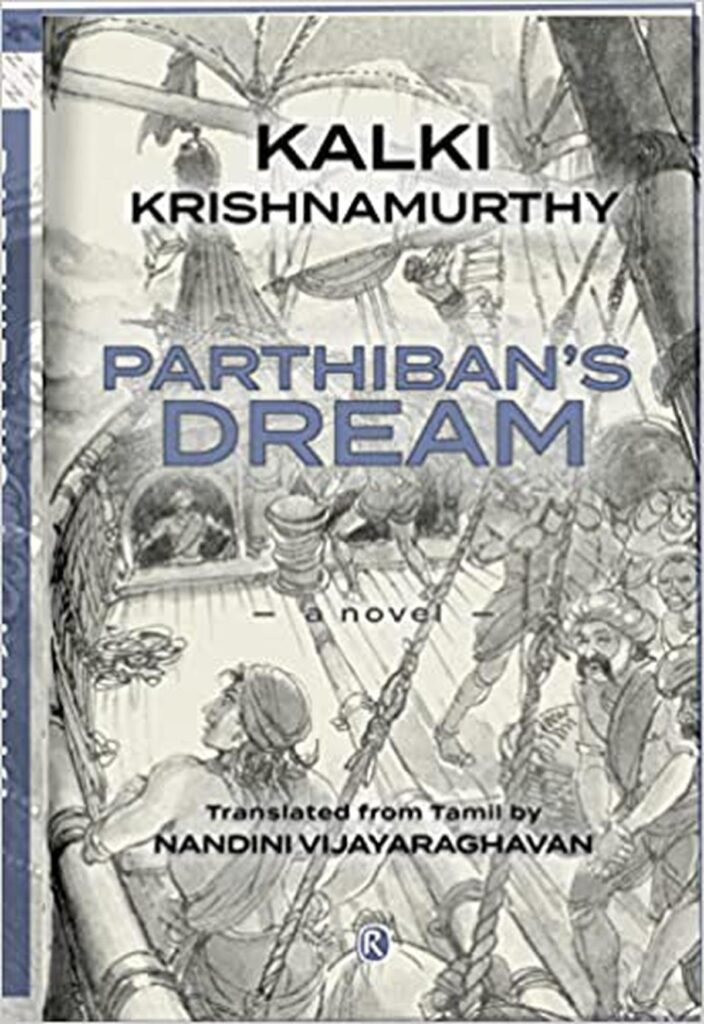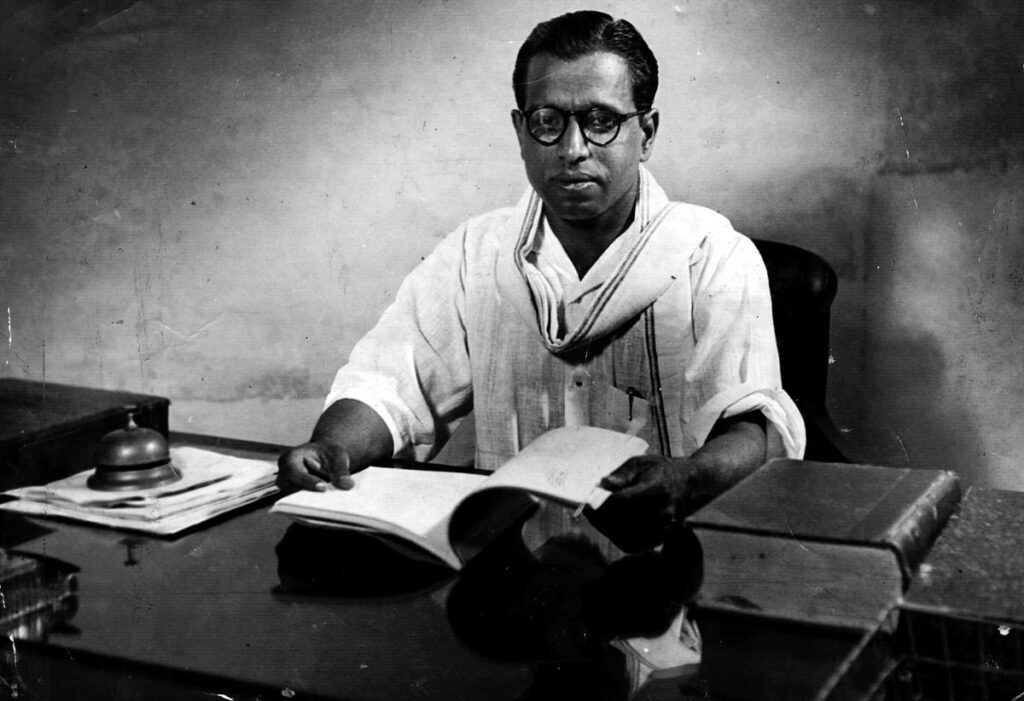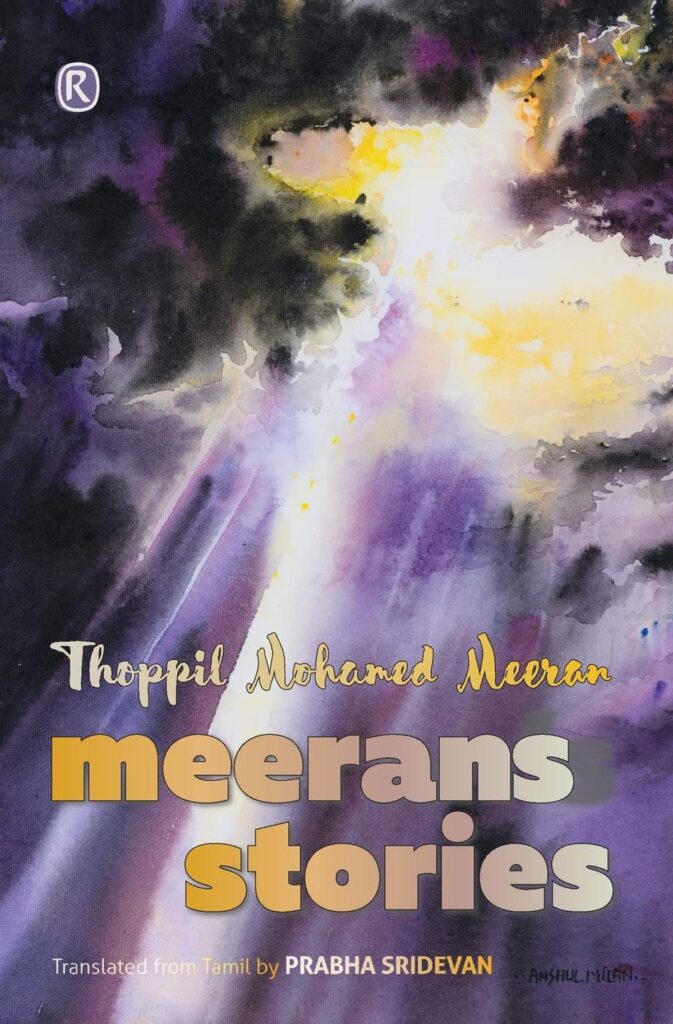TAMIL NADU :

These superb translations make two Tamil classics accessible to a wider readership
Kalki’s Parthiban Kanavu, published in the 1940s and considered to be one of the earliest historical novels in Tamil, is an acknowledged classic.
Thoppil Mohamed Meeran’s short stories are contemporary classics.
The translation of these works from Tamil into English by two experienced writers, Nandini Vijayaraghavan and Prabha Sridevan respectively, achieves a major aim: to make cultures and histories of India accessible to a wider readership.
They are also of interest to prospective translators as a study in contrast, indicating the wide range of skills and knowledge that make translation a creative art.
Impeccable choice
Parthiban Kanavu is a swashbuckling story of a young prince keeping alive his father’s dream of establishing a glorious kingdom. The storyline is marked by palace intrigues, betrayals, and love at first sight. Vijayaraghavan faithfully follows the plot, omitting no digressions or descriptions. Nor does she editorialise to explain plot complications. Her choice of words is impeccable, the polysyllabic and slightly archaic language reflecting Kalki’s Sanskritised Tamil, which is not easily accessible to contemporary readers.

Parthiban’s Dream features exquisite artwork by Gopulu which was part of the Tamil original when it was serialised. The volume will be a treasured addition to any bookshelf.

Deceptively easy
The 18 short stories in Meeran’s Stories have been selected from across three anthologies. Taken together, they showcase the Sahitya Akademi award winner’s range and sensitivity. Belonging to a Muslim community in Kerala, Meeran’s characters lead insecure lives where violence is both tacit and direct.
Noorunisa waits in vain for the Arab trader who will sweep her off her feet and cover her with gold. A tsunami changes the entire landscape, bringing about a sea change in the lives of the fishing community. A poor man thrown out by his son goes on a safar to holy Muslim sites, only to be treated as a terrorist by the authorities.
The young boy who bullies and finally strangles his mother, learns that the woman who petted, cosseted and indulged him owed him nothing, not even his birth. An unsympathetic official refuses to grant a girl’s simple request to thank the bus conductor who rescued her till it is too late. The economic and environmental disaster created by Coca-Cola at its Plachimada plant is recorded with clinical precision through descriptions of dry wells, poisonous fertilisers and a devious investor.
Meeran’s stories make for deceptively easy reading, mirroring the apparently uneventful lives of his characters. The narrative style, without editorial comments, is powerful in its starkness. Through what he leaves unsaid, Meeran allows readers to reconstruct the cultural context.
The twist in the tale, the hallmark of a good short story, is sharp and blink-and-you-miss-it short.

Like idioms, Meeran’s syntax and structures do not cross languages easily.
Translating Meeran’s work is thus a delicate undertaking, balancing the said and the unsaid, needing simplistic, not simple, English to create a feeling of rarity.
Sridevan pays attention to both word and spirit. But her work goes a step further: it spurs the reader on to go back to the original, looking for hidden depths. This is a singular accomplishment for a translation.
These two books are must-reads for the Tamil diaspora, in India and abroad.
Parthiban’s Dream; Kalki Krishnamurthy, translated by Nandini Vijayaraghavan; Ratna Books; ₹599
Meeran’s Stories; Thoppil Mohamed Meeran, translated by Prabha Sridevan; Ratna Books; ₹499
The reviewer is an educator, author and avid reader.
source: http://www.thehindu.com / The Hindu / Home> Translation – Society / by Hema Ramanathan / June 17th, 2022








